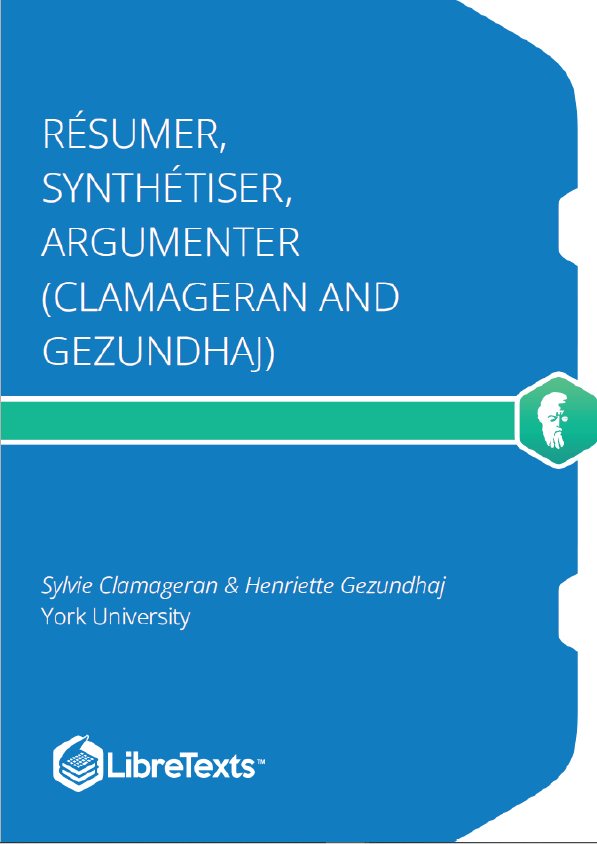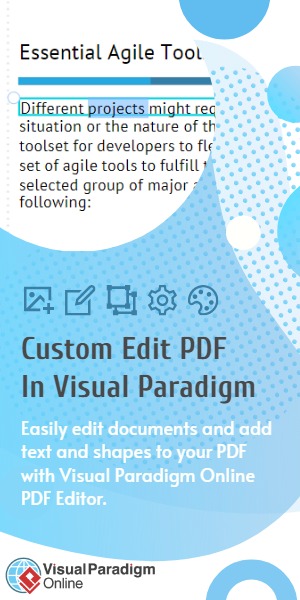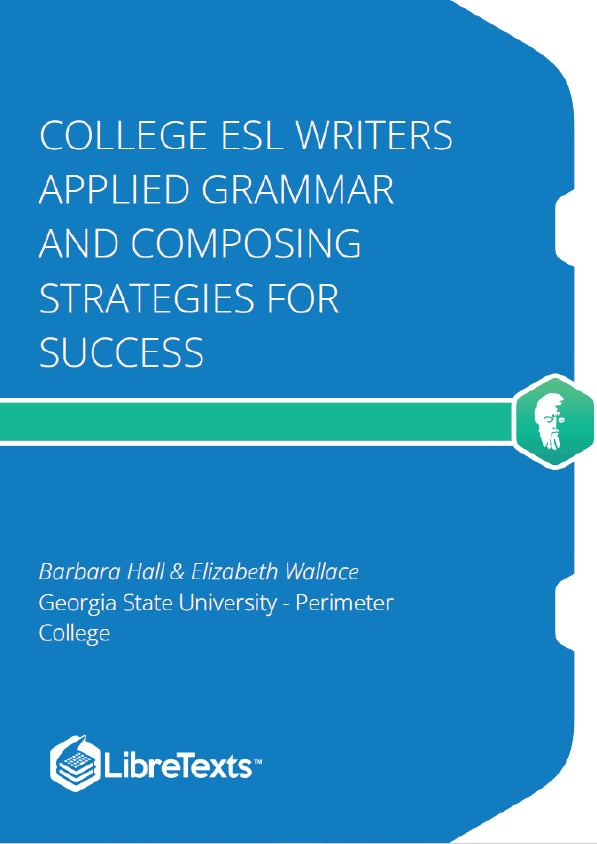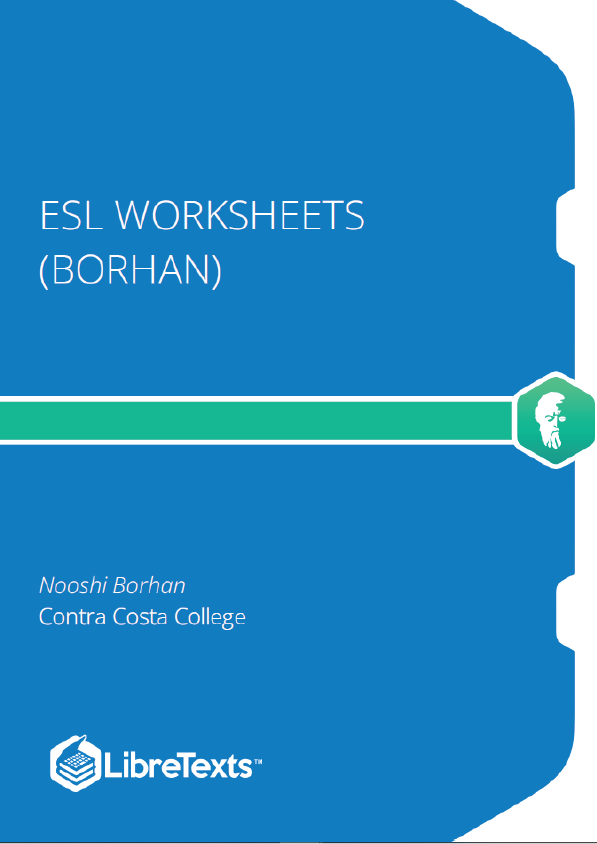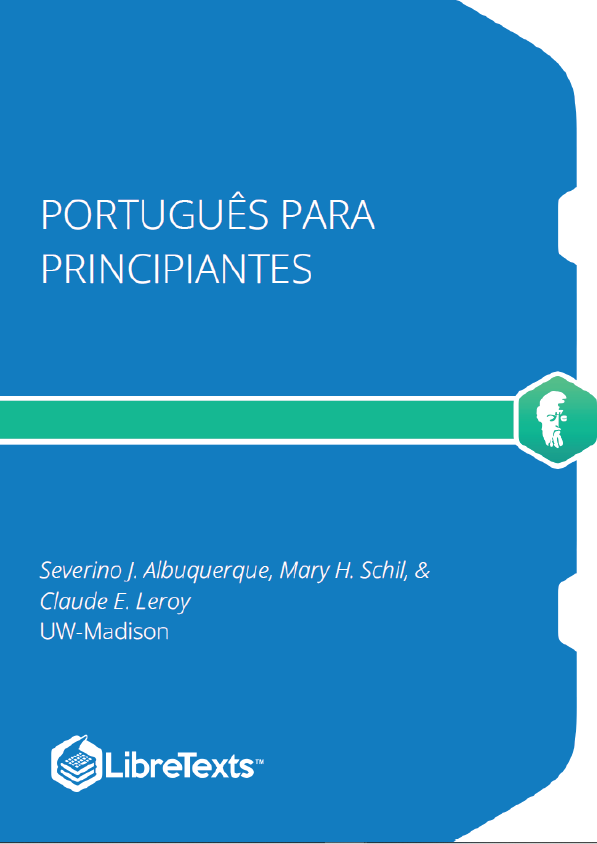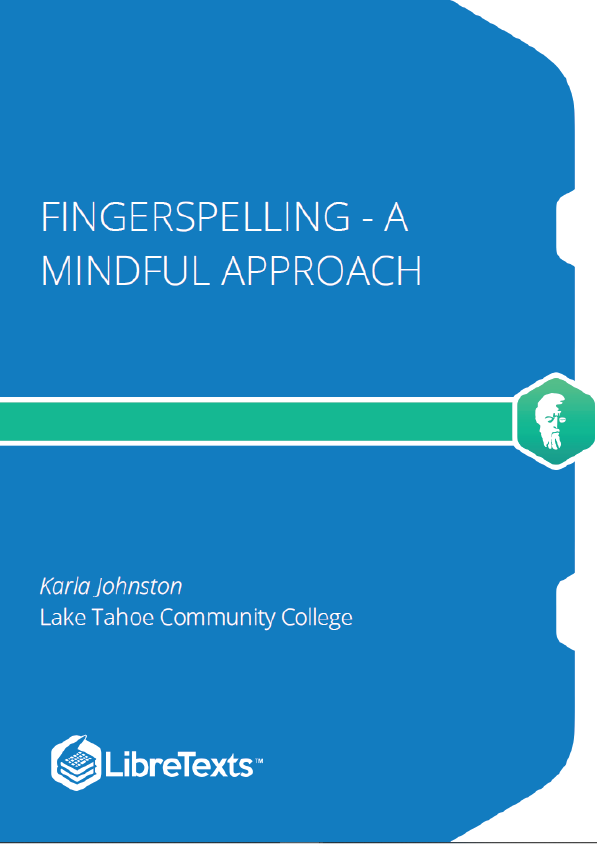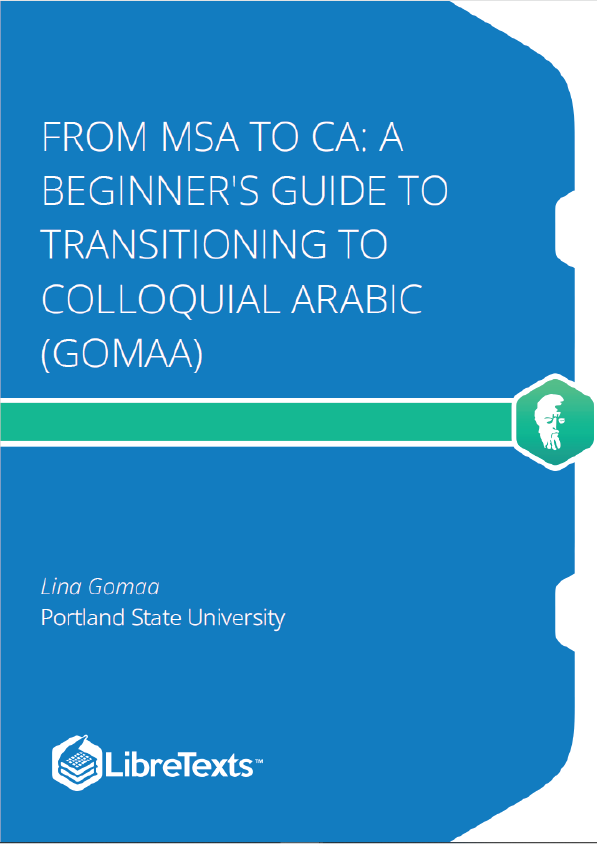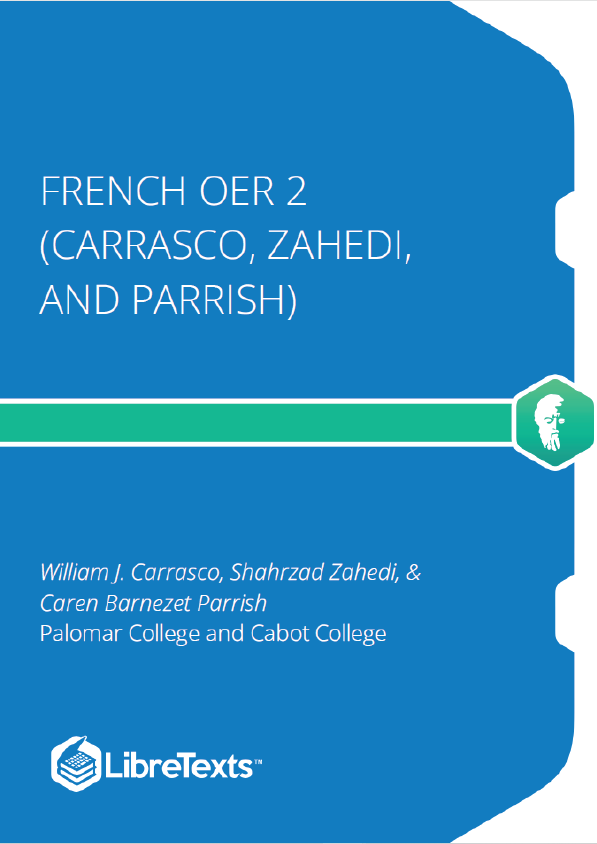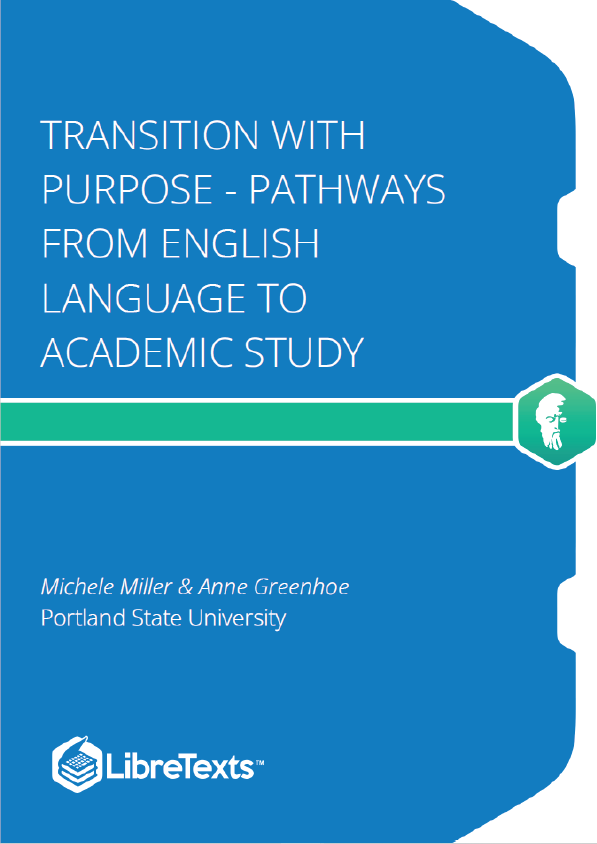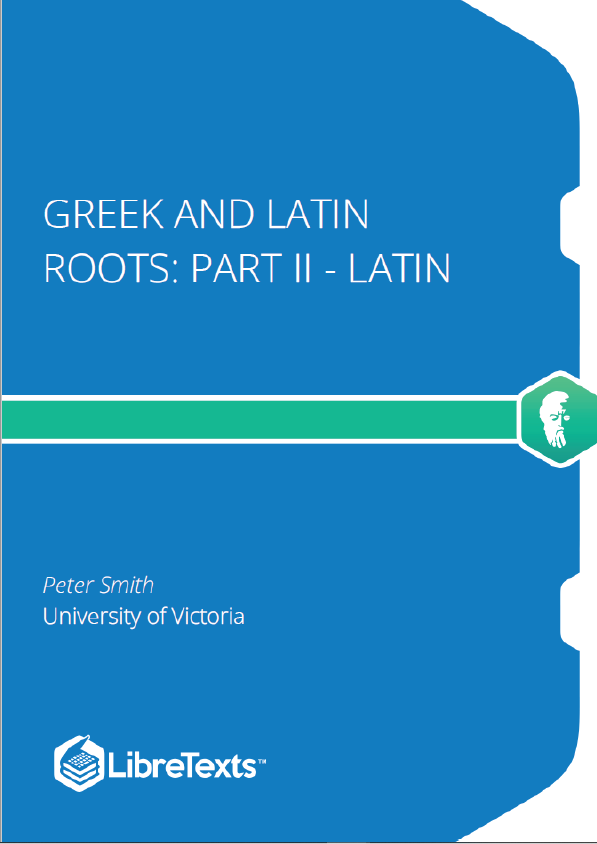This text is disseminated via the Open Education Resource (OER) LibreTexts Project (https://LibreTexts.org) and like the hundreds of other texts available within this powerful platform, it is freely available for reading, printing and “consuming.” Most, but not all, pages in the library have licenses that may allow individuals to make changes, save, and print this book. Carefully consult the applicable license(s) before pursuing such effects.
Instructors can adopt existing LibreTexts texts or Remix them to quickly build course-specific resources to meet the needs of their students. Unlike traditional textbooks, LibreTexts’ web based origins allow powerful integration of advanced features and new technologies to support learning.
The LibreTexts mission is to unite students, faculty and scholars in a cooperative effort to develop an easy-to-use online platform for the construction, customization, and dissemination of OER content to reduce the burdens of unreasonable textbook costs to our students and society. The LibreTexts project is a multi-institutional collaborative venture to develop the next generation of openaccess texts to improve postsecondary education at all levels of higher learning by developing an Open Access Resource environment. The project currently consists of 14 independently operating and interconnected libraries that are constantly being optimized by students, faculty, and outside experts to supplant conventional paper-based books. These free textbook alternatives are organized within a central environment that is both vertically (from advance to basic level) and horizontally (across different fields) integrated.
Le manuel RÉSUMER, SYNTHÉTISER, ARGUMENTER s’adresse aux étudiants de français langue seconde de niveau avancé (3e ou 4e année universitaire, essentiellement). Profitant des possibilités qu’offre le format multimédia, le manuel intègre un certain nombre d’exercices autocorrigés et de présentations sur des points de langue. Ce manuel se présente dans un format multistandard et multiplateforme. On peut le consulter à partir d’ordinateurs, de tablettes et de téléphones.
Le mot résumer est un verbe; le mot résumé est un participe passé, un adjectif ou un nom dérivé du participe passé. Cette différence grammaticale implique une différence de sens. En tant que verbe, résumer désigne une action : selon le dictionnaire Petit Robert (PR), le fait de « présenter brièvement en conservant l’essentiel ». En tant que nom dérivé d’un participe passé, le mot résumédésigne un produit : un résumé est un texte qui présente brièvement un sujet, une histoire, une analyse à partir d’un document plus long. Lorsqu’on résume, on produit du résumé, mais pas nécessairement un résumé, c’est-à-dire qu’on ne produit pas nécessairement un texte appartenant au genre « résumé ». Ainsi, un article appartenant au genre « fait divers » dans un journal résume le fait divers, mais n’est pas pour autant un texte qu’on appellerait un résumé. De même, des notes de cours résument le cours, mais incluent des commentaires, des notes personnelles et ne sont pas strictement un résumé. Autre exemple : une critique de film comprend généralement un résumé de l’intrigue du film, mais ne constitue pas un résumé.
